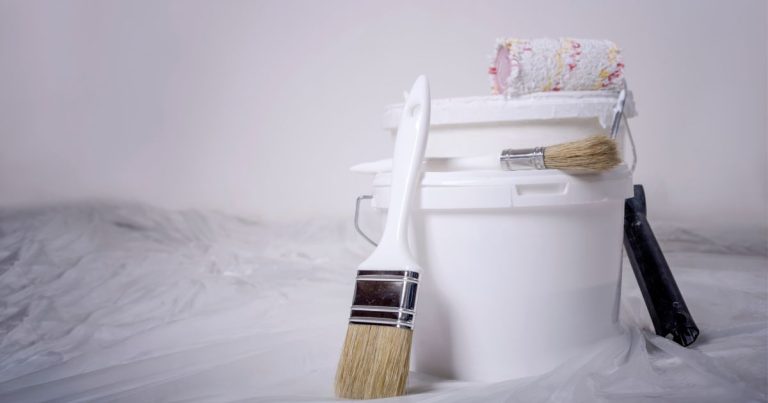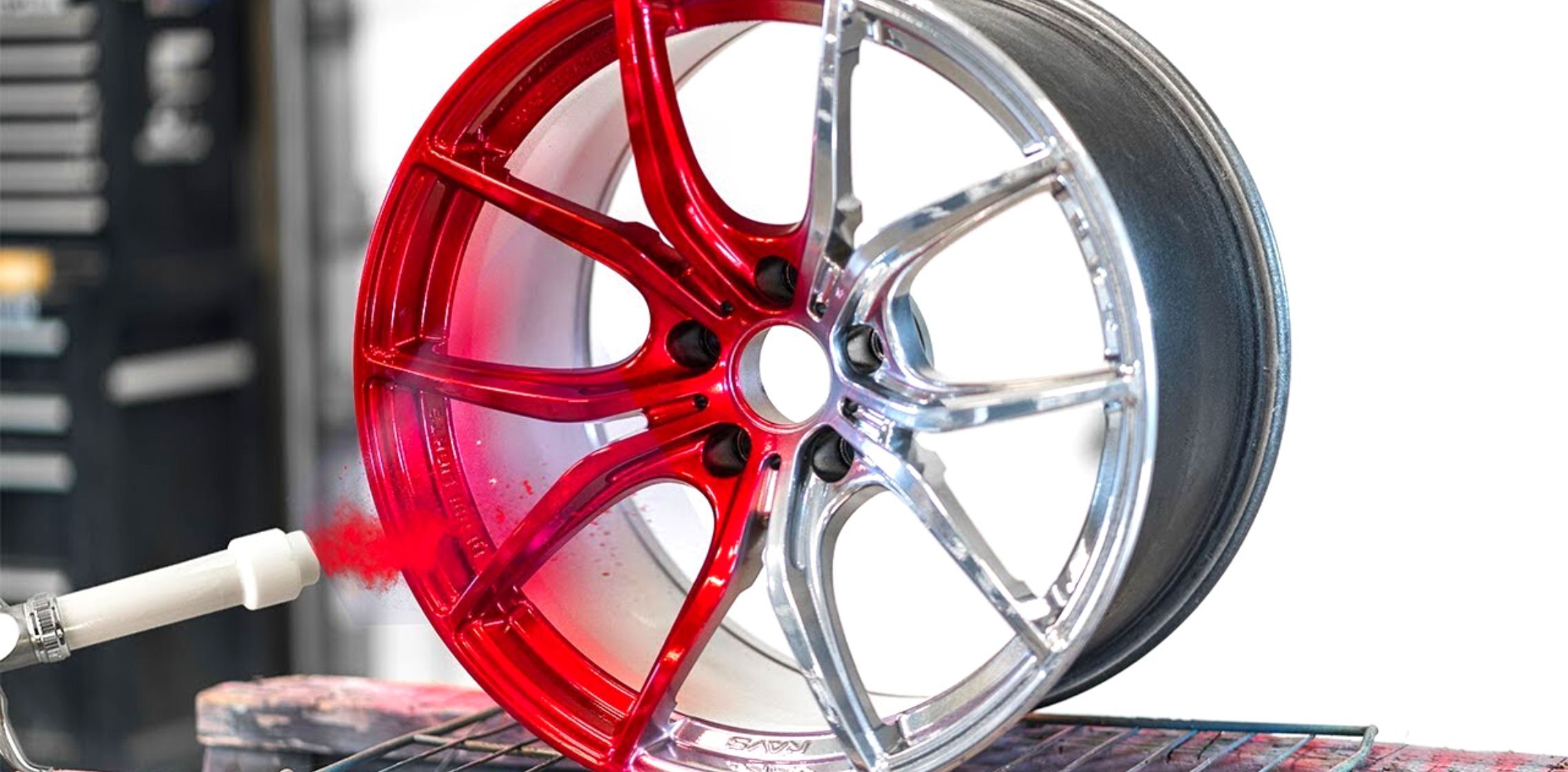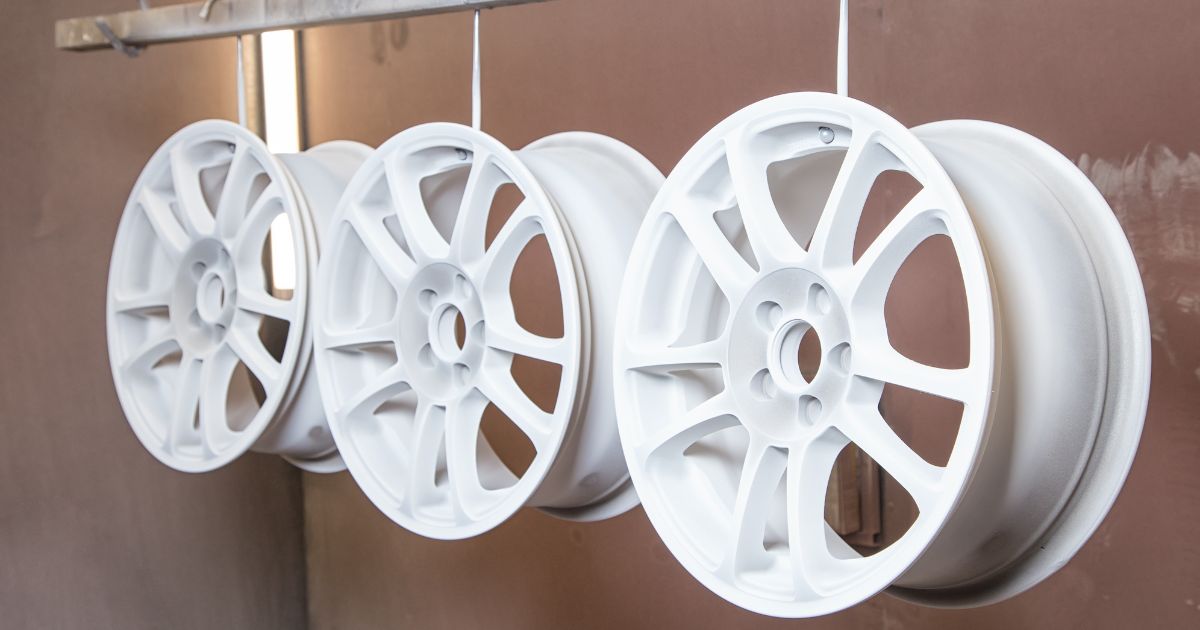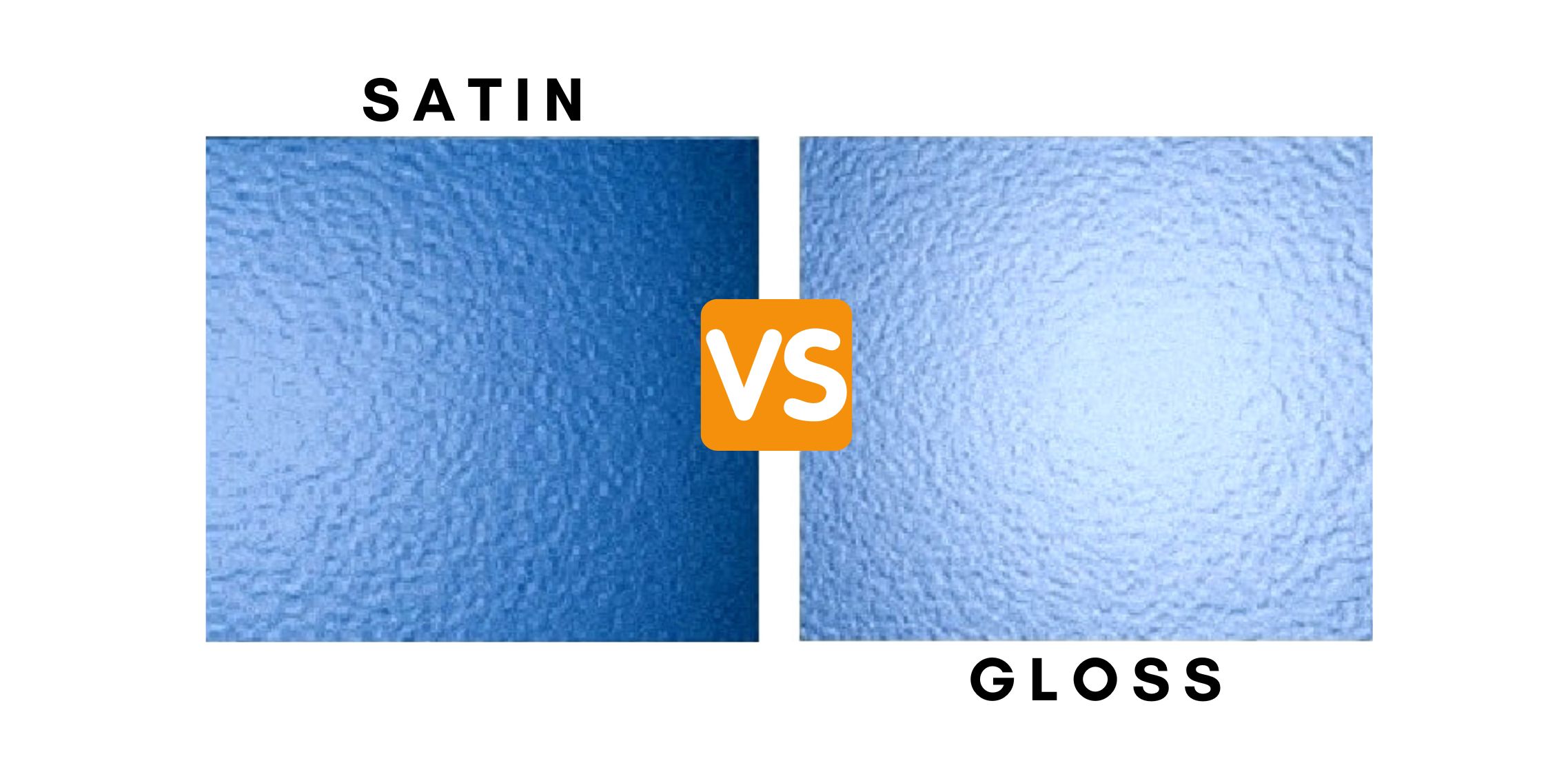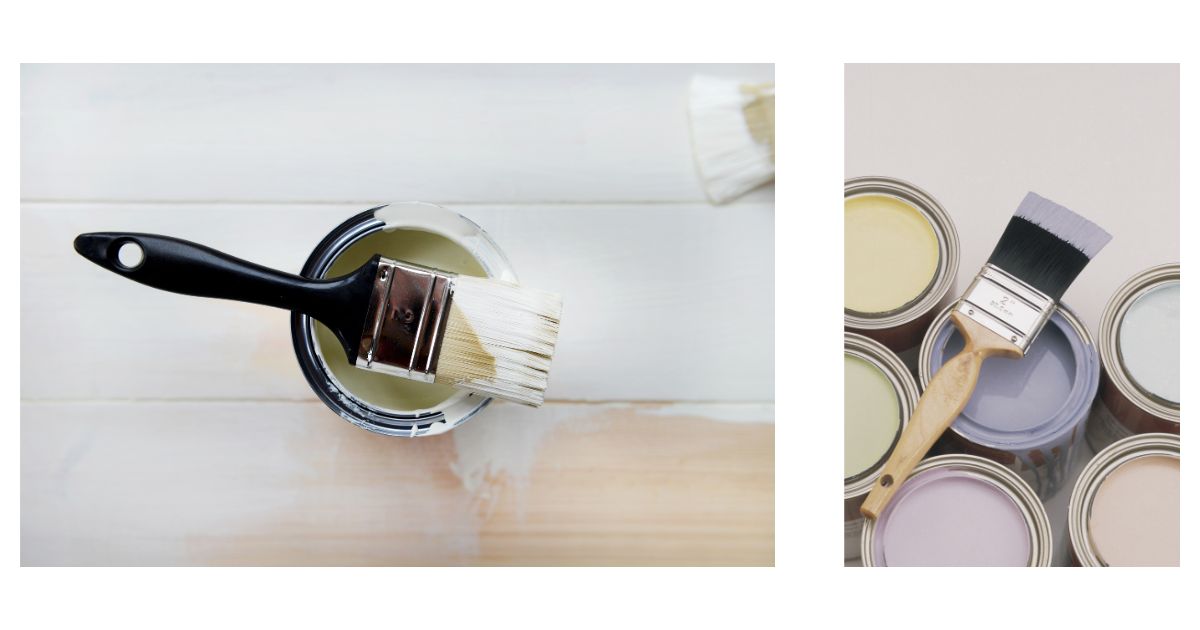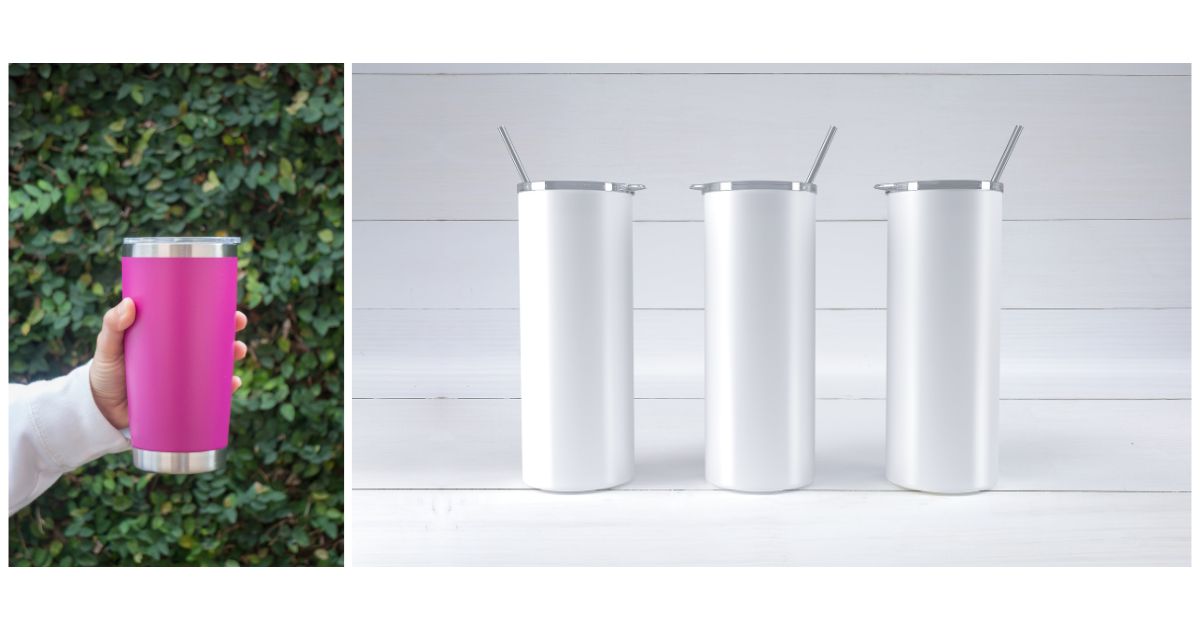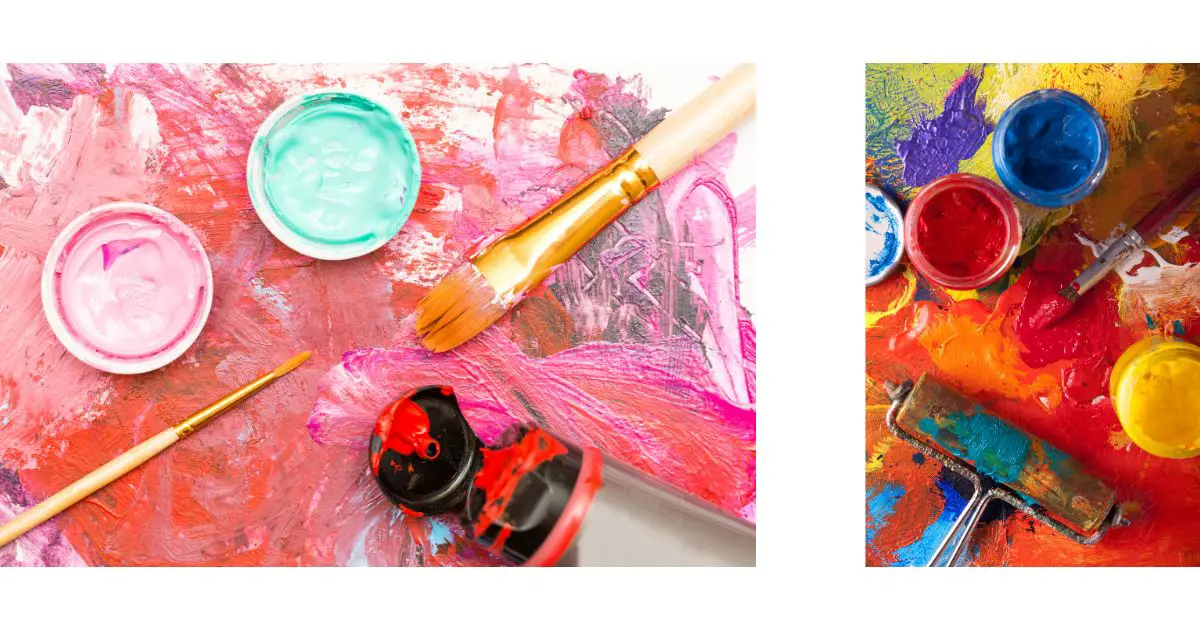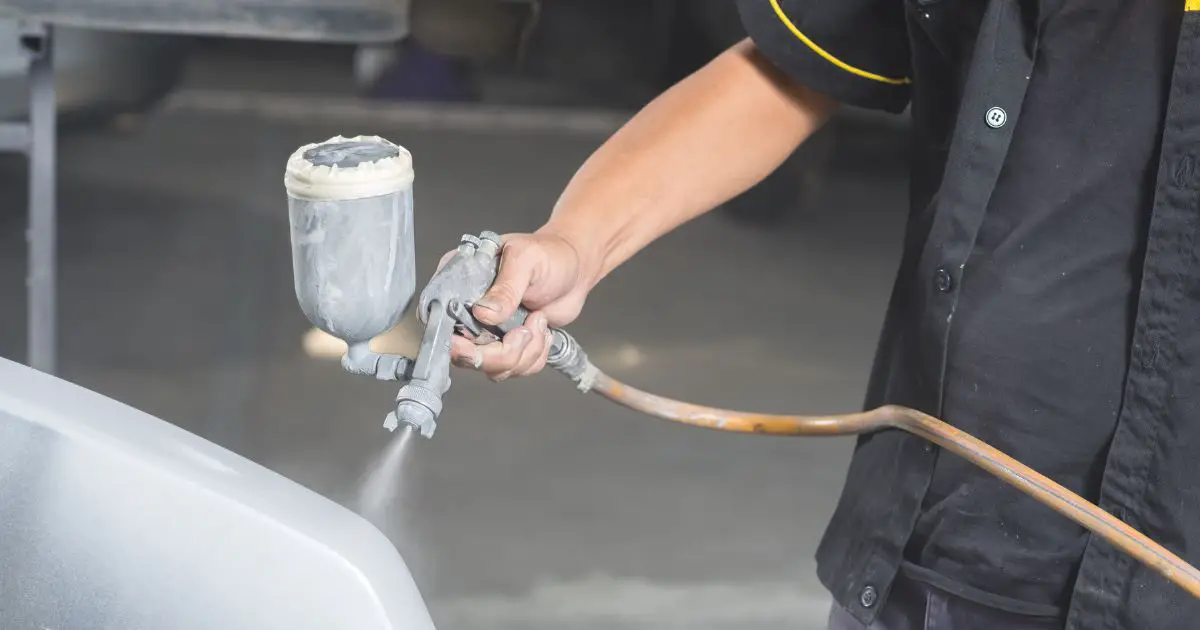Lacquer is a clear or colored varnish that is typically used as a protective coating on wood or metal. It can be applied over paint, but there are a few things to keep in mind before doing so. First, make sure the paint is completely dry and cured before applying lacquer.
If it is not, the lacquer will not adhere properly and could end up peeling. Second, use fine-grit sandpaper to lightly sand the surface before applying the lacquer. This will help the lacquer to adhere better.
Finally, always follow the manufacturer’s instructions when applying lacquer.
- Clean the surface you want to lacquer with a degreaser or TSP solution
- Sand the surface lightly with fine-grit sandpaper
- Wipe the surface with a tack cloth to remove any dust
- Apply a thin, even coat of lacquer with a brush or roller
- Allow the lacquer to dry for the recommended time
- Apply a second coat of lacquer, if desired
- Allow the lacquer to cure for the recommended time before using the surface
When can I apply lacquer after painting?
You can apply lacquer after painting when the paint is dry to the touch.
Can you put a clear coat over paint?
If you are looking to protect your paint job and give it a little extra shine, then you might be wondering if you can clear coat over the paint. The short answer is yes, you can clear coat over paint, but there are a few things you need to know first. First, it is important to make sure that the paint is completely dry before applying a clear coat.
If the paint is still wet, the clear coat will not adhere properly and will eventually peel off. Second, you need to roughen up the surface of the paint before applying the clear coat. This can be done with sandpaper or a chemical stripper.
This will help the clear coat to adhere better. Third, when applying the clear coat, be sure to do it in thin, even coats. If you apply it too thick, it will take forever to dry and could end up looking cloudy.
Fourth, once the clear coat is dry, you can buff it out to give it a nice shine. Now that you know how to clear coat over paint, you can protect your paint job and make it look even better. Just be sure to follow the steps above and you will have no problems.
What does lacquer do to paint?
Lacquer is a clear or colored varnish that is typically used as a top coat. It can be applied to painted surfaces to protect the paint and to give the surface a high-gloss finish. Lacquer is available in both water-based and solvent-based formulations.
Can lacquer be applied over water based paint?
It is not recommended to apply lacquer over water-based paint. The lacquer will not adhere well to the paint and could cause the paint to peel.
Yes you can spray lacquer over latex it’s true
Can you put lacquer over water-based paint
Lacquer is a type of clear coating that is typically used to protect surfaces and give them a high-gloss finish. It is available in both water-based and oil-based formulas. While lacquer can be applied over water-based paint, it is not recommended unless the paint is fully cured.
Otherwise, the lacquer may not adhere properly and could eventually peel off.
Conclusion
If you’re wondering if you can lacquer over paint, the answer is yes! You can use lacquer to give your painted surfaces a high-gloss finish. Lacquer can also be used to protect painted surfaces from scratches and wear.

